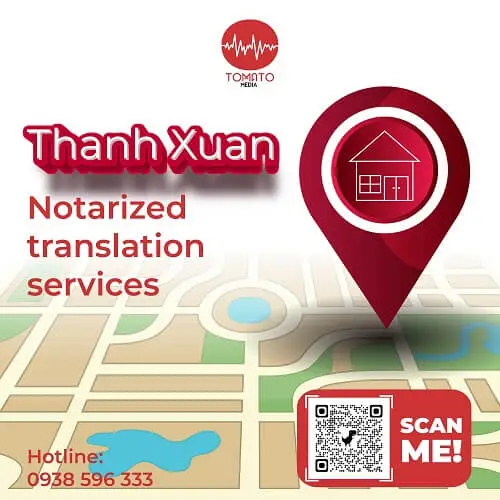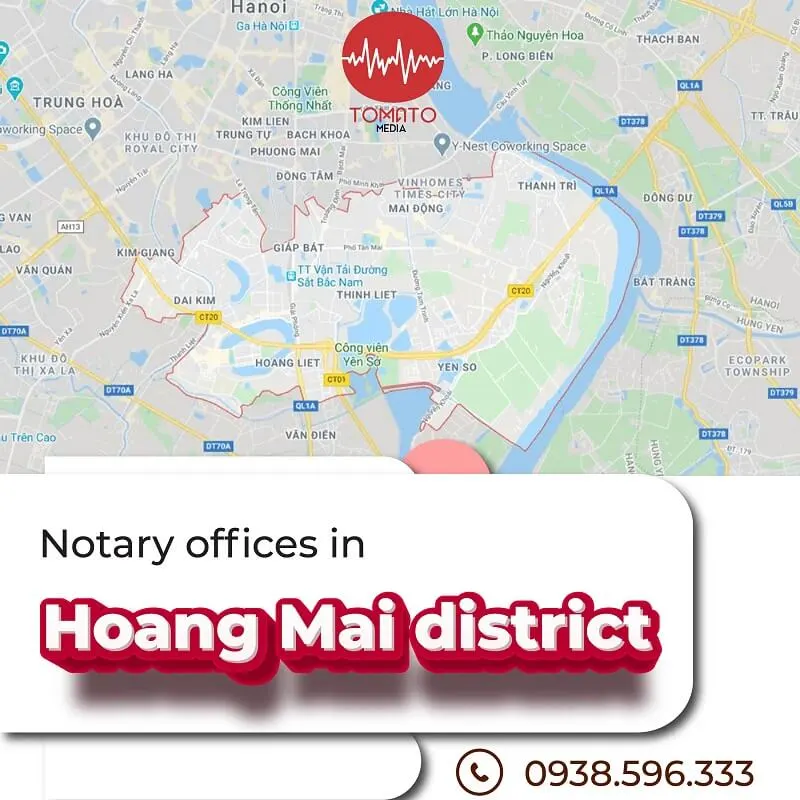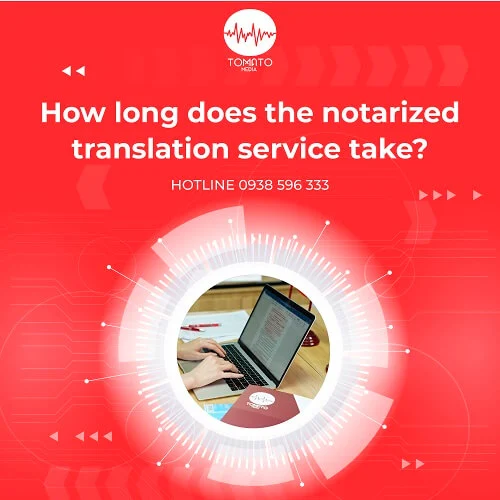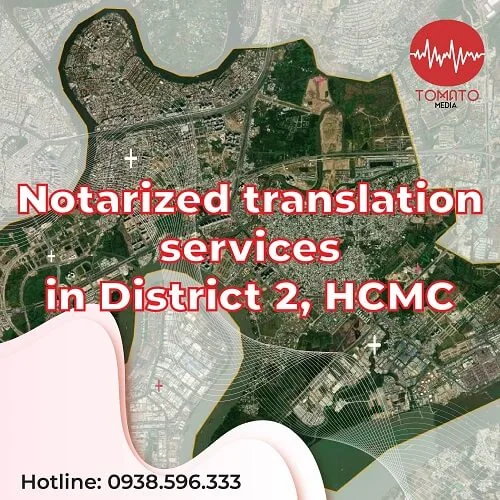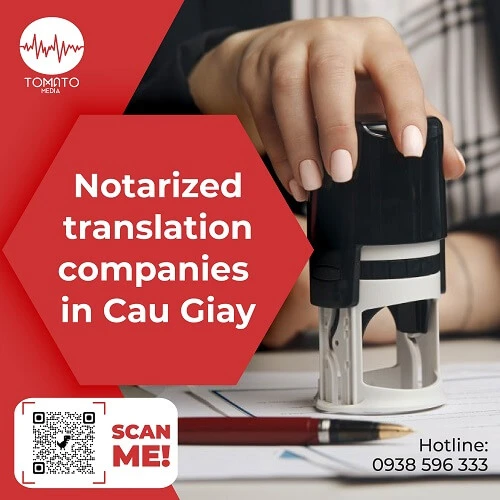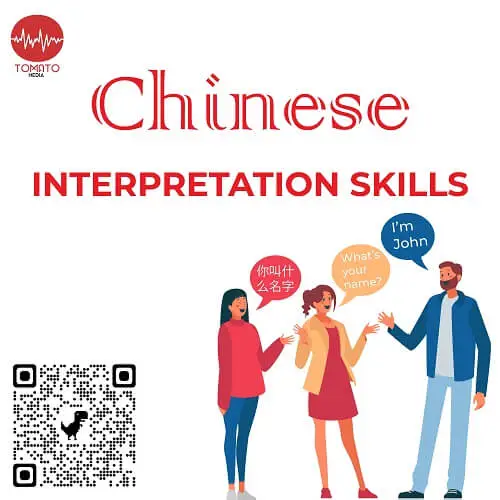When looking for a notarized translation company in Thanh Xuan, do you have any concerns? Want an accurate translation with the correct use of terminology Want to receive the translation quickly, even get it within the day but still ensure the quality Want to save time and effort to apply for a notary seal [...]
Translation skills required of a translator
With the translation profession, it takes more than simply knowing the language to be able to do it. If you want to become a good translator and interpreter, you must have all the core translation skills. Let’s check out this article to learn these skills.
NỘI DUNG (CONTENT)
Required translation skills of a translator
Translation is a very important skill for foreign language learners. Therefore, translators themselves must have a deep understanding of both languages that they have to translate. A good translator should have the following skills:
- Flexible use of languages, including both mother tongue and target language
- Be careful to avoid mistakes in translation
- Have an ambitious, serious attitude, and constantly learn to hone and improve your skills
To get a quality translation, the translator definitely needs to have good translation skills. To evaluate these aspects, we need to consider criteria such as:
- Master grammar and have a rich vocabulary
- Understand the stylistic differences between the two languages, the differences between the two cultures
- Translation experience, basic knowledge and specialized knowledge
Core translation skills for a translator
A translator is someone who translates writings from one language to another. Translation skills that translators need to have include:
Language skill
This is a mandatory condition for any translator. The proficient application of foreign language skills in written translation helps the translator fully and accurately express the content of the original. Linguistic aspects of translation include vocabulary and the ability to use words and styles appropriate to each country and topic.
Translators need to be proficient in their mother tongue in addition to other languages. This facilitates effortless and natural switching between the two languages. Otherwise, in the translation process, the translator may fail to fully or correctly convey the original meaning or deliver a smooth translation.
Good writing ability
This is one of the basic translation skills that a translator needs. The translator needs to be a good writer who is fluent in grammar and able to write in different styles in the language to be translated.
A translation performed with good writing skills is a translation that is clear, concise, grammatically correct, and presented in the right form. From there, the reader can quickly and accurately comprehend the original text’s main idea.
Expertise
Nowadays, translation is not simply translating personal documents, but also multi-field translation. Therefore, translators need to equip themselves with specialized knowledge and master the meaning of the terminology of the field they translate. Only then can high-quality specialized translations be produced.
The way to improve this skill is to choose an area of expertise to study and update with new terminology. Earning a diploma or certificate in a certain field can lead to more career opportunities.
Lookup ability
You will unavoidably run into words in the infinite universe of knowledge during the translation process. So it’s crucial to have the ability to look up vocabulary. In this era of global technology reaching its peak, translators can quickly and accurately look up words in dictionaries or on the internet.
Searching for information is just as important as looking up words. For example, specialized information to be translated, references on how to translate, cultural relevance, etc.
Office technology skills
Word processing skills are one of the soft skills that any employee in any profession must have. The most necessary software for translators is Microsoft Office. Particularly, popular programs include Microsoft Word, PowerPoint, Excel, etc.
Translation support tools are also useful to help translators in the translation process, for example, professional translation software such as CAT, Trados, etc. Having these tools helps complete the translation faster and more accurately.
Understand customer needs
Look carefully at the point and content that the original text’s author wants to convey. Consider the reader’s needs and the translator’s capacity to convey meaning through the words by placing yourself in their shoes.
A successful translator has the ability to convey the author’s ideas clearly and simply while still satisfying the reader’s preferences.
Careful, hardworking, disciplined
This is a must-have skill for all professions, not just the translation profession. When pursuing a career, translators will face pressure on deadlines, or there will be many projects that take a lot of time to research.
Therefore, translators need to plan their work reasonably, diligently, and responsibly. Translators always need to be careful and meticulous with every word they translate because even a small mistake in the translation of a sentence can change the meaning of the translation. At the same time, compliance with deadlines creates trust for customers.
See also:
- What are the translation difficulties? Find out the details
- What is translation? Opportunities for the translation field today
Interpretation skills for interpreters
In addition to the required skills, which are language skills, an interpreter will need the following skills to suit the characteristics of verbal translation:
Listening and communication skills
This is an indispensable skill group for interpreters and requires them to practice regularly to acquire it. This skill requires the brain to do two things at the same time: listen and understand the meaning of a message. Afterward, that message has to be conveyed in the target language.
Interpreters need to practice this skill by listening to and translating a lot of online videos. Then, compare their translation with the Vietnamese subtitle to see how well they convey the content.
Observation skills
In order to convey the right message from the speaker, the interpreter needs to pay attention to their actions. There will be many phrases, grammar rules, and slang that the interpreter has not seen in any documents
Observing body language and how native speakers speak and express themselves is one of the soft skills that help interpreters do the best job they can.
Ability to use words flexibly and accurately
Possessing a rich vocabulary is a prerequisite to becoming a good translator. In the case of direct interpretation, the interpreter must react quickly and translate immediately.
Moreover, each communication context will have its own characteristics, regulations, and guidelines to be followed. Therefore, it is necessary to understand the characteristics of the interpretation situation and use the appropriate language. The simplest method of communication is through the use of brief, simple, and widely used language.
Understanding different cultures
Each country has its own language and culture. Therefore, a deep understanding of cultures is also a required skill for an interpreter. Because interpreters play the role of connecting and conveying messages between people of different cultures,
This skill is very important for both interpreters (verbal translation) and translators (written translation). Therefore, to effectively convey the speaker’s message, always take the time to learn about other cultures.
Emotional management
The professional must be able to control their emotions because interpretation is a job that involves working in a variety of settings. For example, when working as an interpreter in a legal or medical environment, interpreters will face many sensitive situations such as: criminal trials, emergencies or even death, or exposure to special images and documents, etc.
At this time, interpreters need to maintain their reason and emotions to perform their translation job well.
Professional demeanor
Regardless of the field, being professional in attitude, words, actions, etc., is always a necessity. And the same goes for translators. Show your partner professionalism by always being on time, keeping information confidential, understanding language and culture, being polite, sophisticated, confident, and always being responsible for work.
Freelance translators need to have both good language and soft skills
Freelance translators are people who work as translators and interpreters but are not under the management of any organization. So if you are a freelancer, then you have to find clients on your own, negotiate your own terms, and work any time you like as long as you get the job done. In addition to the translation skills analyzed above, freelancers also need soft skills to be able to find customers and generate income for themselves. The following soft skills are necessary for freelancers:
- Diplomatic and business negotiation skills: good communication skills, and the ability to look for potential customers
- Sales skills: Promote and introduce yourself, and prove your translation ability to partners.
- Good time management and organizational skills. Because they are not tied to a framework, freelancers need to be able to manage their time and organize their work appropriately to meet deadlines.
Tips to improve translation skills every day
To improve your translation skills every day, you must regularly practice and apply the right training method. Here are some tips to help you improve your translation skills:
Persevere to study every day
To improve your translation skills, you need to be very hardworking and persistent. You should plan to learn vocabulary and practice pronunciation regularly. The more you learn and experience, the more knowledge you gain.
Read a lot, write a lot
Reading a foreign language book every day will help you improve your reading comprehension and translation as well as your vocabulary. This also helps you to increase your ability to translate with the correct meaning, context, sentences, and words.
Writing a lot is also an effective practice in language learning. Writing a lot will help you practice and remember the knowledge. Writing skills are extremely important for translators and interpreters. Therefore, you need to practice both reading and writing skills every day so that the translation becomes easier and more accurate.
Watch foreign movies
Watching movies is also a very effective way to practice your translation skills. You can watch movies with or without subtitles, but you need to focus on listening to what they say and then try to memorize the sentences and new vocabulary. This helps you know how to translate the sentences to suit the ideas the speaker wants to convey. Watching movies also helps you learn the culture of that country to translate when needed.
Practice a lot
Sure, learning must go hand in hand with practice, so in the process of learning and practicing translation skills, you have to practice a lot. Only when you practice will you see your strengths and weaknesses. You should give the translations to others who have better translation skills and more experience than you so they can read them, correct mistakes, and comment on the translation.
Some tools to help improve translation skills
To ensure that translation work is completed quickly and with high quality, technology will be essential. Let’s find out a few tools used in translation to help best support people working in the translation profession.
SDL Trados / SDLX
These two programs are currently one of the software packages used by many translation companies. They provide Termbase management, Translation memories, machine translation, auto-correction and auto-suggestion functions, etc. These features will help translate to better quality, consistency, and faster translation.
Wordfast
This is CAT’s simple translation support software. Wordfast is the second-most popular translation support tool in the world due to its easy-to-use features and accurate translation. Wordfast allows you to translate all files in Word, Excel, PowerPoint, and Access. This translation software runs on the MAC platform.
MemoQ
MemoQ is quite popular translation support software today. MemoQ can translate many different formats, such as Microsoft Office, InDesign, FrameMaker, XML, HTML, RESX, Java, etc. In particular, this software also has the ability to maintain the format of the original document (especially for DTP formats). MemoQ’s functionality includes a translation machine, termbase management, and the ability to process multiple files at once.
Heartsome
Heartsome is CAT software that runs on Windows, Linux, Mac, Solaris, and Unix. This is software that can handle most formats, including docx, xlsx, pptx, OpenOffice, TBX, SRX, XLIFF, TMX, and GMX. Heartsome has a TM editor with import/export functionality compatible with txt and tmx formats.
Déjà Vu
Déjà Vu (DV) is the most complete and valuable translation tool available nowadays. Translation quality is always optimized through key features dedicated to translation control and verification. The software can also automatically back up and protect projects with a password. However, users have to pay a fee to be able to use the software.
Weeny Free PDF Cutter – Software to cut pdf files
Weeny Free PDF Cutter is a tool that allows users to cut separate pages from the pages contained in a PDF file. This makes translation easier if the client only requires some pages in the file to be translated. With the useful features that this software brings, cutting pdf files becomes easier than ever.
Ultra PDF Merger – Software to merge pdf files
In the case of translating long documents, many pages need to be completed in a short time, so those documents need to be divided among many translators. For this division, you can use the Weeny Free PDF Cutter software introduced above.
After completing the translation of those document files, they need to be put together to form a complete translation. Ultra PDF Merger is the software that will help you do that. This software can merge multiple PDF files easily and conveniently. And this is also an effective tool to support translation jobs.
Frequently asked questions about translation skills
Here are the frequently asked questions about translation skills that we have compiled:
What are the qualities of a good translator?
- Language expertise. The translator must have a thorough understanding of both the target language and the source language.
- Appreciate and respect other cultures.
- Attention to detail.
- Ability to accept criticism.
- Excellent time management skills.
- Passion.
- Wholeness, perfection.
How to improve your translation skills?
Here are a few ways translators can improve their skills to help advance their careers:
- Check your work. To improve your attention to detail as a translator, you can use grammar and spell checker software to make sure your translation is error-free.
- Watch TV, read books, or listen to podcasts while learning a language. This can help you gain cultural knowledge and reading comprehension skills in a language other than your mother tongue.
- Take online courses. There are many courses that can help you build your skills; take more if you feel there’s any need.
What elements do simultaneous interpreters need?
Simultaneous interpreters are considered “masters” because of the difficulty and pressure of the profession. To be a good simultaneous interpreter, you need to meet the requirements:
- Language competence
- Deep understanding of native culture and target language culture
- Have solid background knowledge
- Professional working style (formal dress, punctuality, etc.)
- Ability to withstand great pressure
- Flexible handling of situations that arise outside the scenario
- Outstanding memorization
Skills required by a specialized translator
Specialized translation has a higher difficulty than conventional translation and requires the translator to be fully equipped with such skills as:
- High level of language
- Solid background knowledge
- Information search skills
- Rich specialized document translation experience
- Good writing skills
- Hardworking and meticulous
Top 4 ways to improve language skills?
Proficiency in the native language and target language is the most important of all translation skills. To improve your language competence, you can refer to the following methods:
- Read a lot of books in both your mother tongue and foreign language to acquire background knowledge of many majors as well as increase vocabulary
- Frequently updated new words, slang, and word expressions not included in the dictionary
- Grammar is also a crucial aspect.
- Practice translation every day to make a habit
Does the use of translation tools in Tomato affect translation quality?
The translation is done entirely by the well-skilled translators of Tomato Media without the intervention of the translation software. Therefore, customers can be absolutely assured of the quality of the translation. Tomato Media only applies technological advances to finding duplicate words in the document that minimize translation costs and reviewing grammatical errors after the translation has been completed.
What is the quality and skill of the Tomato Media translator?
Tomato Media has a staff of more than 100 people and more than 3000 translators from all over the world. All Tomato translators are carefully recruited, well-trained, and meet the elements of a good translator:
- Have a language degree and extensive translation experience
- Have solid background knowledge of diverse fields
- Professional working style, putting the interests of customers first
- Have the eagerness to learn and constantly improve qualifications
The article has provided you with information on fundamental translation skills for translators and interpreters. To get good skills, you have to constantly improve your knowledge and study every day.
| Ready to get started? |
Have a large project? |
| GET A QUOTE | ✉ CONTACT US |



